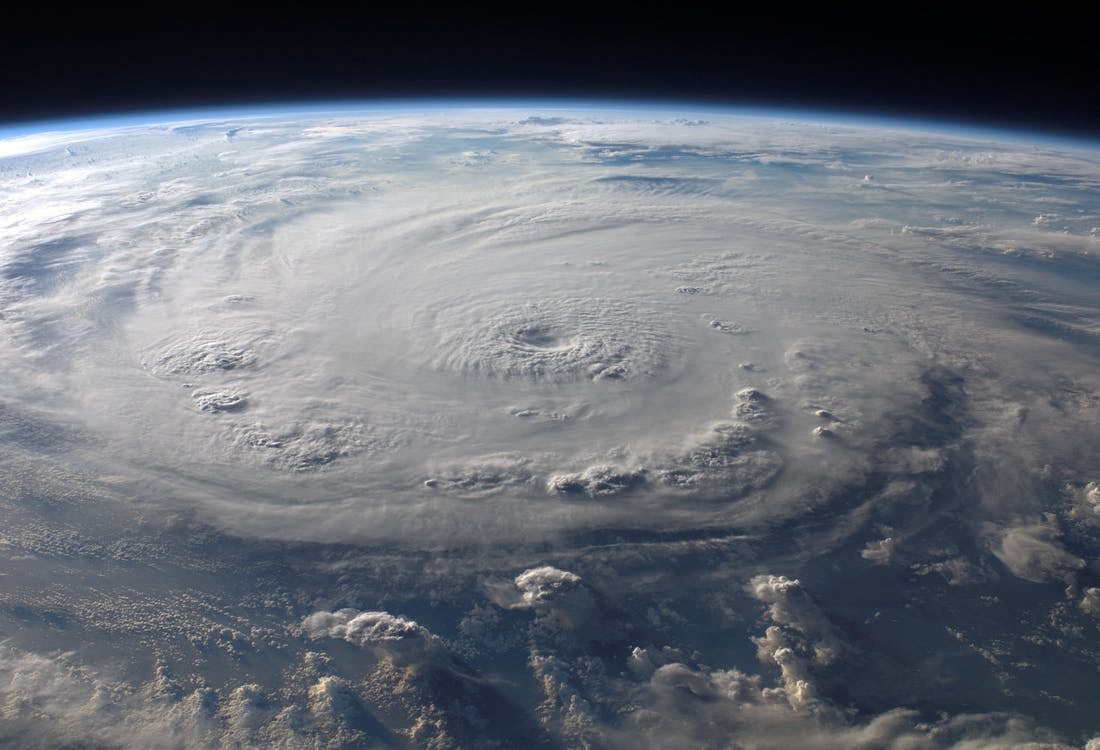Flood waters are slowly receding in the aftermath of Hurricane Helene, a Category 4 hurricane that made landfall in Florida’s Big Bend region Thursday, September 26. Many counties in western North Carolina suffered massive damages due to floodwaters and strong winds despite being hundreds of miles inland from the Gulf of Mexico. The damage seen by record-breaking storm surge has left many communities in the region unrecognizable.
Many North Carolina residents are still without cellular service or power, unable to get in touch with loved ones following the storm. Asheville, the largest mountain city in North Carolina, has seen catastrophic damage that will take months, or even years to recover from. An estimated 35 of the 56 deaths in North Carolina have come from Buncombe County, where Asheville is located. 1.6 million customers are still without power as of Monday morning. The murky flood water from the overflow of the French Broad River has submerged many of Asheville’s suburbs in over two feet of floodwater.
The impact on Appalachia is notably severe. Due to tourism, Asheville sees greater financial revenue when compared to its surrounding regions. The prominence of mobile homes is significantly greater in Appalachia when compared to the national average, of which are less structurally sound when combating wind speeds brought by hurricanes. The average income per capita is also significantly lower, creating less resilience when impacted by natural disasters. This region is also less likely to receive media coverage when compared to large metropolitan areas, leading to less resources to aid in recovery and resilience.
Governor Roy Cooper told CNN, “Consider Western North Carolina closed…We ask that you don’t come in unless you are on a specific mission to help with rescue.” Local residents struggle to deliver supplies to loved ones in neighboring towns due to road closures and bridges that have collapsed.
The level of damage seen in western North Carolina and eastern Tennessee due to Helene has been unprecedented in recent history. Prior to Helene’s landfall, more than ten inches of rain poured into Asheville, amplifying the effects of what was to come. Many climate scientists see the aftermath of Helene on inland communities as a warning sign that hurricanes will not only threaten coastal communities as the effects of climate change progress.
Nonetheless, Asheville is a strong community that cares for their neighbors immensely. Upon my many visits to Asheville, I have never felt more welcome in a city that is not my own. I wish nothing but a resilient recovery for the people of Asheville, and all those affected by Hurricane Helene. I have listed below verified links to donate to the cause:
Asheville/ Western NC Links:
Per exploreasheville.com, please email helenedonations@buncombecounty.org to donate items in bulk.
North Carolina Disaster Relief Fund (Monetary donations for NC residents affected by Helene)
Hurricane Helene Interstate Recovery:
American Red Cross (Monetary donations for people affected by Helene)
United Way (Monetary donations for critical needs and long-term recovery efforts)



